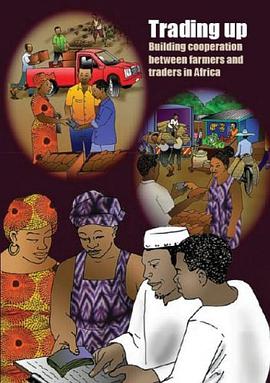

具体描述
In much of Africa, smallholder farmers face serious difficulties selling their produce. But farmers, along with development agencies and governments, treat the traders who market their goods with suspicion and mistrust. This book shows how traders struggle to run their businesses in the face of adverse policies and attitudes. With more respect and support, they could develop markets, add value to products, invest in new businesses, and improve the efficiency of the food distribution system. They could generate demand for farm products and help improve the incomes and livelihoods of rural people. The books' 15 richly illustrated cases from countries as far apart as Ethiopia, Lesotho and Ghana. Commodities covered range from soybeans and coffee, to milk and wool. The book shows how relations have been strengthened between the farmers, traders, wholesalers, processors and retailers in the value chain. It describes how they have built institutions (such as market information systems) and agreed on rules (such as standard weights and quality grades) to enable agricultural markets to function better.
作者简介
目录信息
读后感
评分
评分
评分
评分
用户评价
相关图书
本站所有内容均为互联网搜索引擎提供的公开搜索信息,本站不存储任何数据与内容,任何内容与数据均与本站无关,如有需要请联系相关搜索引擎包括但不限于百度,google,bing,sogou 等
© 2026 book.wenda123.org All Rights Reserved. 图书目录大全 版权所有




















